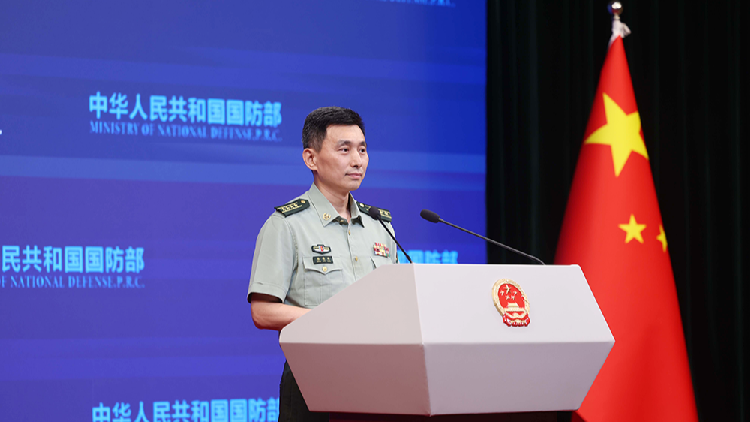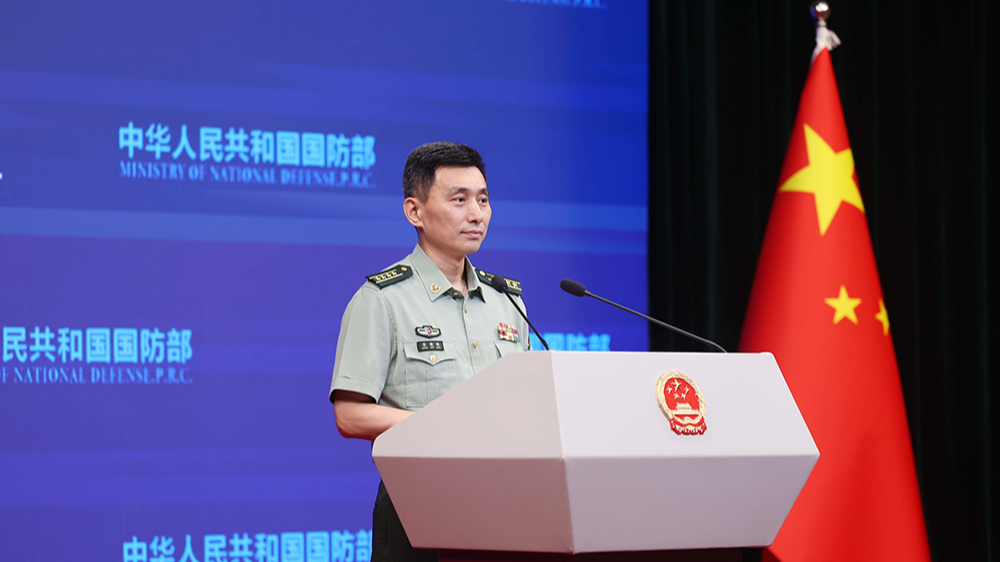Chinese Spokesman Accuses U.S. of Exploiting Shangri-La Dialogue to Fuel Geopolitical Tensions
China's Ministry of National Defense criticizes U.S. Defense Secretary Pete Hegseth's remarks at the Shangri-La Dialogue, citing opposition to negative comments about China.


A senior Chinese defense spokesperson has accused the United States of routinely using the Shangri-La Dialogue as a platform to provoke disputes, incite confrontation, and further its own strategic interests in the Asia-Pacific region. The comments came on Sunday amid heightened tensions at the 22nd edition of the annual security summit held in Singapore.
Zhang Xiaogang, spokesperson for China’s Ministry of National Defense, issued a strong statement in response to remarks made by U.S. Defense Secretary Pete Hegseth during the gathering. According to Zhang, the U.S. official’s comments were imbued with what he described as entrenched hegemonic logic, bullying tactics, and a persistent Cold War mentality.
“The remarks by the U.S. Defense Secretary grossly violate China’s sovereign rights, distort our policy positions, and blatantly disregard the collective efforts of regional countries to safeguard prosperity and stability,” Zhang asserted. He added that such statements run counter to the broader international community’s aspirations for peace and development.
Zhang emphasized that China expresses both “grave dissatisfaction and resolute opposition” to what it views as the U.S.’s negative rhetoric and actions. He warned that the repeated exploitation of the dialogue undermines trust and mutual understanding among the nations participating in the forum, potentially threatening long-term regional stability.
The Shangri-La Dialogue, recognized as one of the most significant security summits in Asia, regularly brings together defense ministers and officials from across the globe. However, this year’s event has been marked by particularly sharp exchanges, reflecting deep-seated divisions over territorial disputes, military alliances, and the evolving security landscape in the Indo-Pacific.
As the summit continues, observers are watching closely for signs of possible de-escalation or further strain between the world’s two largest economies, both of which play pivotal roles in shaping the region’s future.




